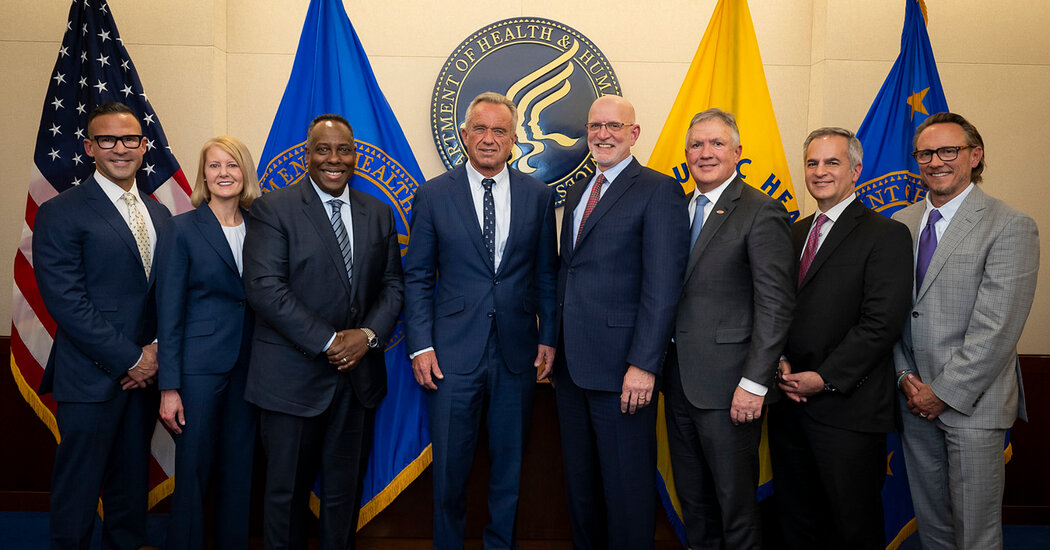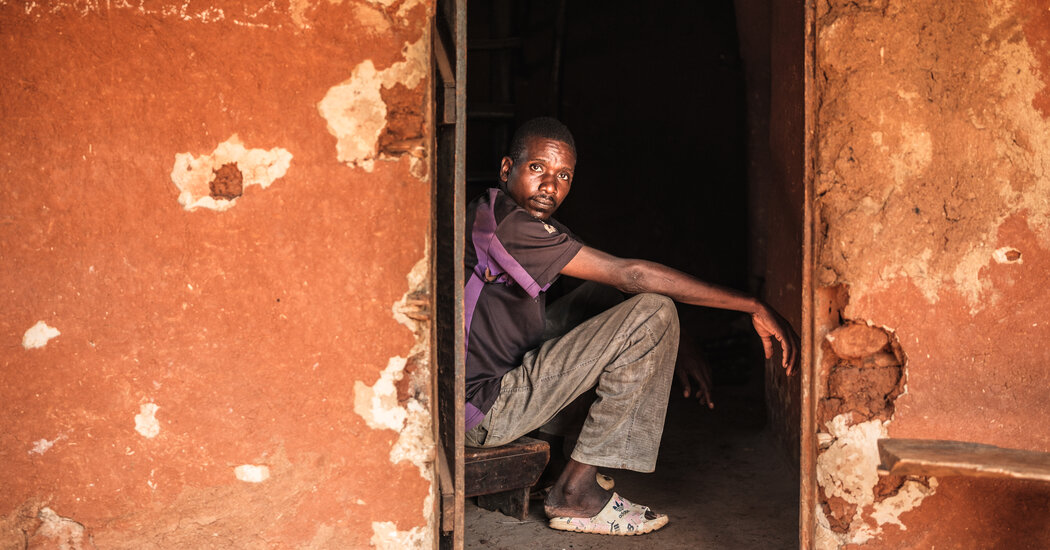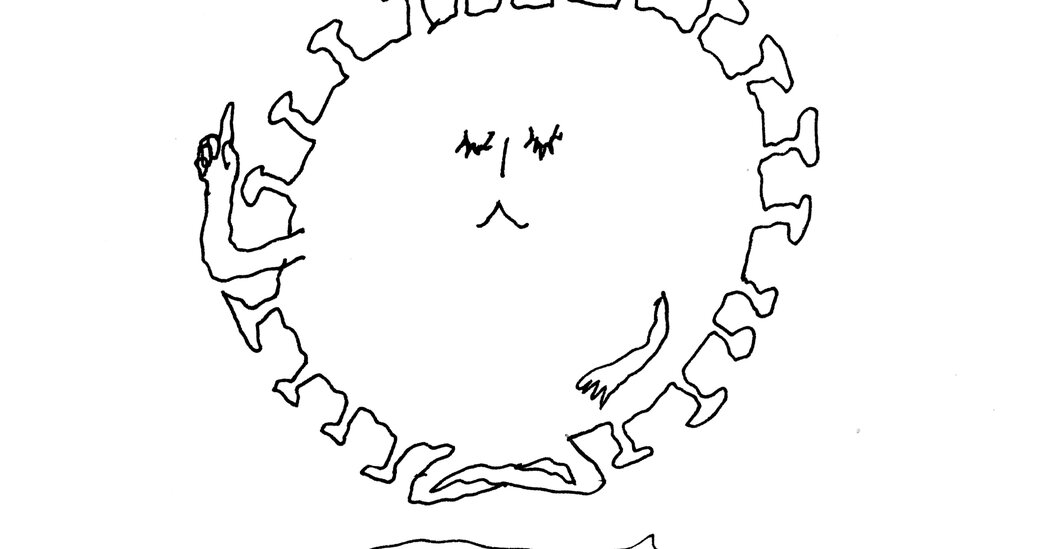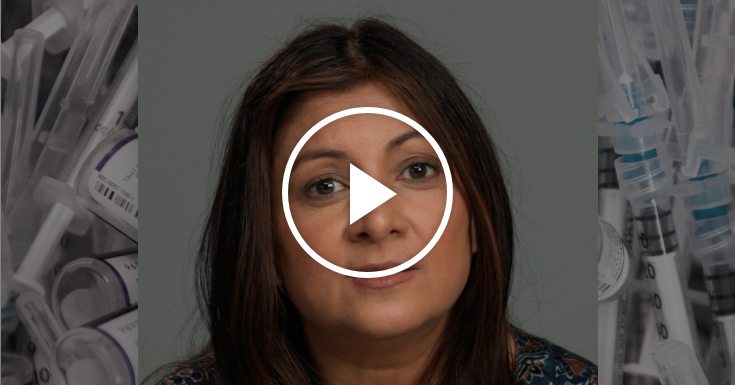RFK Jr. Rattles Food Companies With Vow to Rid Food of Artificial Dyes
Mr. Kennedy told executives of major food companies that he wants synthetic colors removed from their products. “Decision time is imminent,” a trade group warned its members.In his first meeting with top executives from PepsiCo, W.K. Kellogg, General Mills and other large companies, Robert F. Kennedy Jr., the health secretary, bluntly told them that a top priority would be eliminating artificial dyes from the nation’s food supply.At the Monday meeting, Mr. Kennedy emphasized that it was a “strong desire and urgent priority” of the new Trump administration to rid the food system of artificial colorings.In addition, he warned the companies that they should anticipate significant change as a result of his quest for “getting the worse ingredients out” of food, according to a letter from the Consumer Brands Association, a trade group. The Times reviewed a copy that was sent to the group’s members after the meeting.And while Mr. Kennedy said in the meeting that he wanted to work with the industry, he also “made clear his intention to take action unless the industry is willing to be proactive with solutions,” the association wrote.“But to underscore, decision time is imminent,” Melissa Hockstad, who attended the meeting and is the group’s president, wrote in the letter.Later on Monday, Mr. Kennedy issued a directive that would also affect food companies nationwide. He ordered the Food and Drug Administration to revise a longstanding policy that allowed companies — independent of any regulatory review — to decide that a new ingredient in the food supply was safe. Put in place decades ago, the policy was aimed at ingredients like vinegar or salt that are widely considered to be well-understood, and benign. But the designation, known as GRAS, or “generally recognized as safe,” has since grown to include a far broader array of natural and synthetic additives.We are having trouble retrieving the article content.Please enable JavaScript in your browser settings.Thank you for your patience while we verify access. If you are in Reader mode please exit and log into your Times account, or subscribe for all of The Times.Thank you for your patience while we verify access.Already a subscriber? Log in.Want all of The Times? Subscribe.
Read more →






